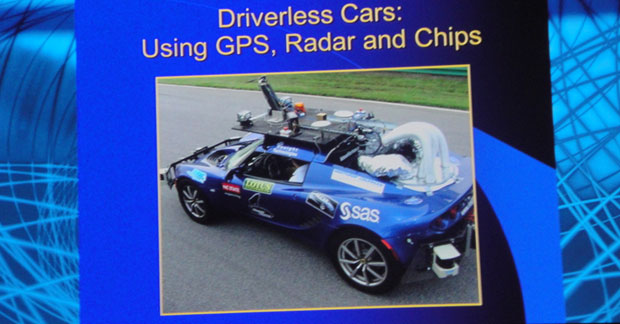THE LONG AWAITED INSHTUTI BUSINESS GROUP (IBG) LTD OFFICIAL WEBSITE TO BE LAUNCHED SOON.....
Hello dear friends,
Let me first greet and thank you for all the time we've been together. In this regard I would like also to thank you for the cooperation and patience you have shown to us.
Now today I have come with good news. This is to inform you that the official website for INSHUTI BUSINESS GROUP LTD. that you have all along been waiting for is soon to be launched, actually not later than Friday, 4th Oct. 2011.
This is where you will be given all the details of our mission, objectives, services etc.
Please we still need your support and so far we appreciate whatever you are doing.
Thanks.
by KATABARWA Robert.
Let me first greet and thank you for all the time we've been together. In this regard I would like also to thank you for the cooperation and patience you have shown to us.
Now today I have come with good news. This is to inform you that the official website for INSHUTI BUSINESS GROUP LTD. that you have all along been waiting for is soon to be launched, actually not later than Friday, 4th Oct. 2011.
This is where you will be given all the details of our mission, objectives, services etc.
Please we still need your support and so far we appreciate whatever you are doing.
Thanks.
by KATABARWA Robert.

